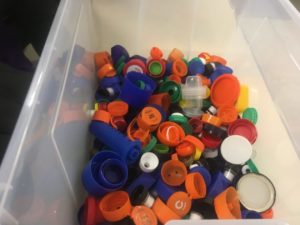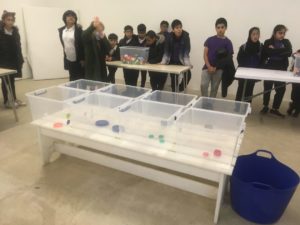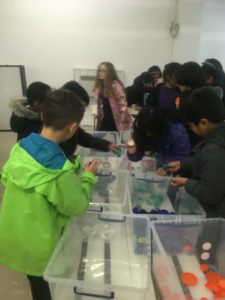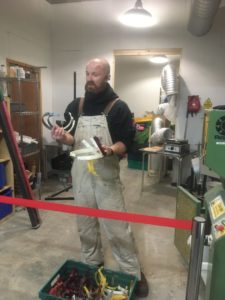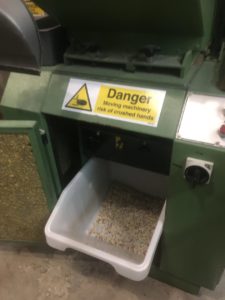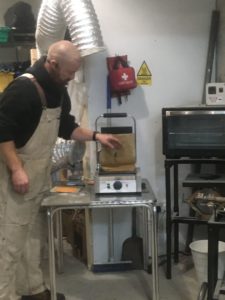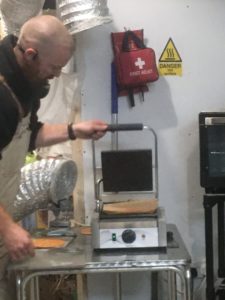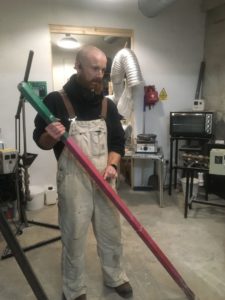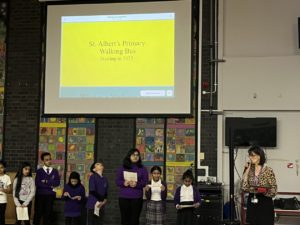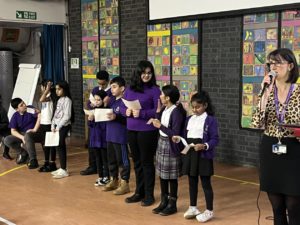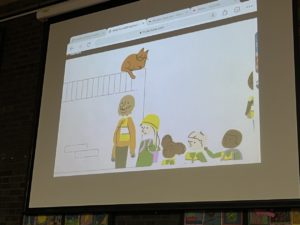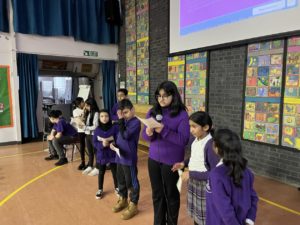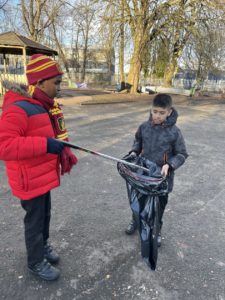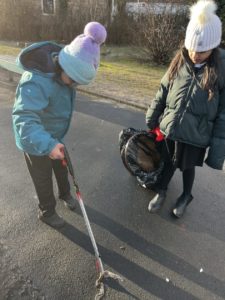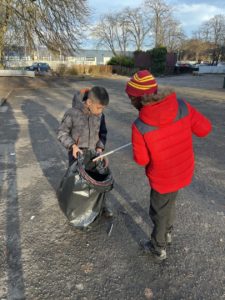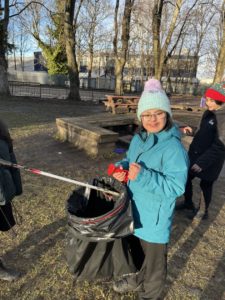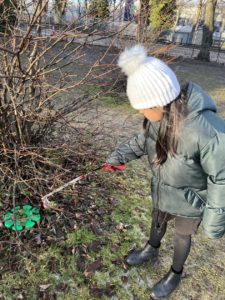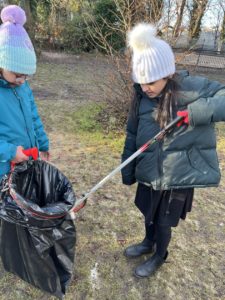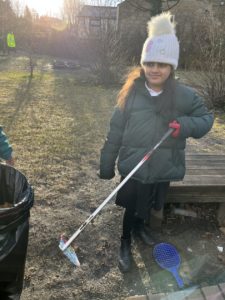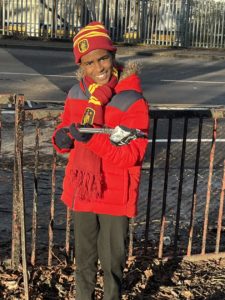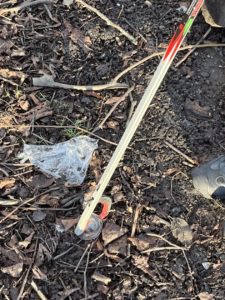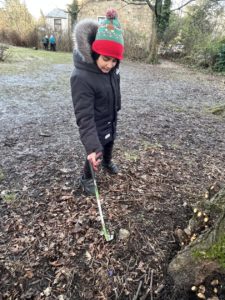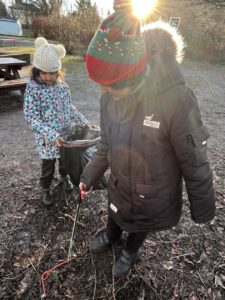Looking back to 2022, we had some great Eco events at our school, not least the visit from our First Minister, Nicola Sturgeon and representatives from Eco Schools Scotland, during the Scottish government’s Climate Week and Climate Action Week. During that week, St. Albert’s Primary took part in live lessons about Climate Change from Eco Schools Scotland. Primary 4 met the First Minister and they presented her with a letter that they had written, containing some of their ideas about how to save wildlife from climate change. They suggested planting native wildflower corridors on motorway verges and roadsides across the country to allow pollinators to find nectar and move between areas, pollinating crops as they go, and they also got to chat to Andrea Gabriel from Eco Schools Scotland. Here are the photos from that day.
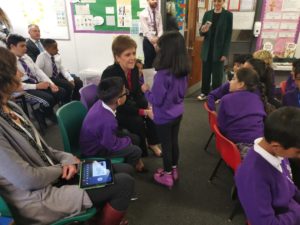
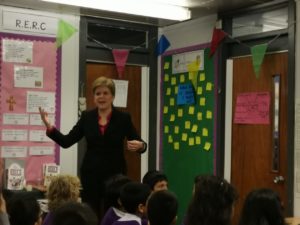
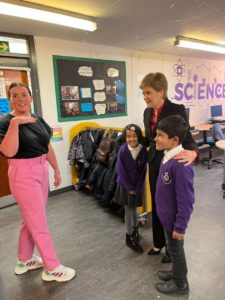
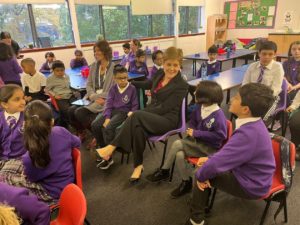
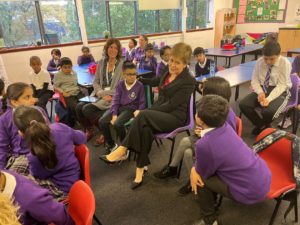
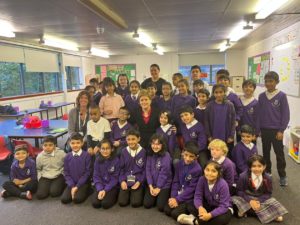
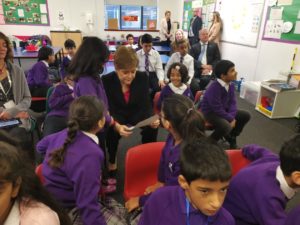
Another highlight from 2022 was our COP 26 march through the streets of Pollokshields to the local bowling green to demonstrate our feelings about climate change at the time of the COP 26 conference in Glasgow. We were joined by some children from other schools and members of the public, who also cheered us on as we progressed through the streets You can see photos of our march here.
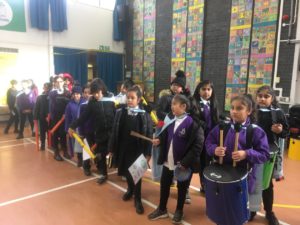
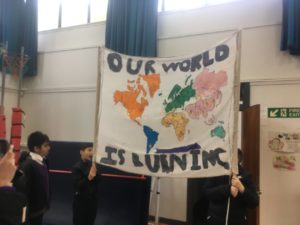
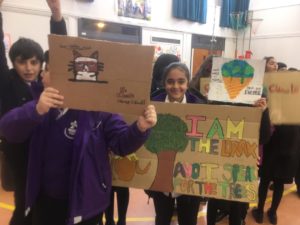
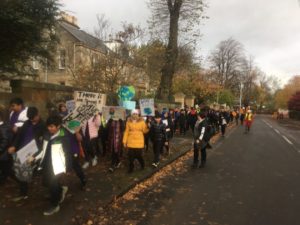
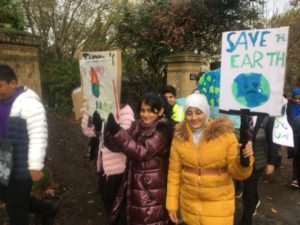
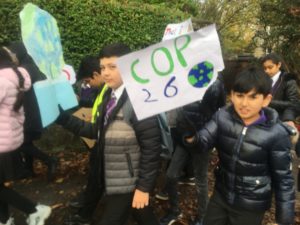

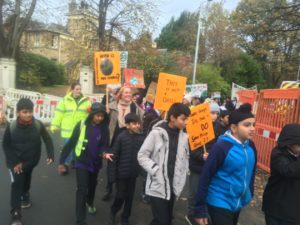
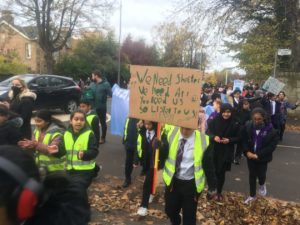
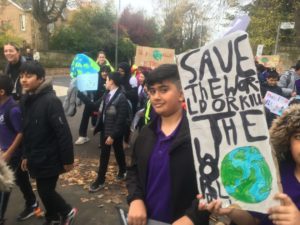
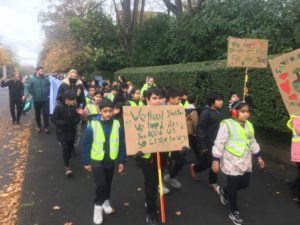
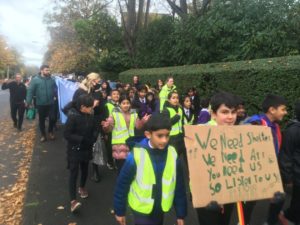
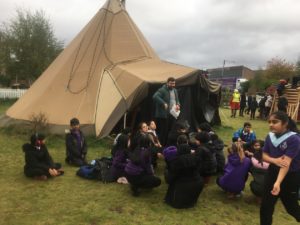
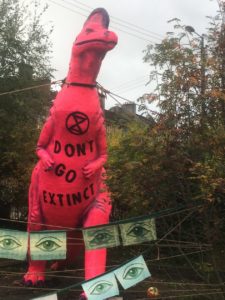
After the warm summer of 2022, we got the best crop of apples in the school Eco garden that we have ever had. Class 3 made good use of them in their cooking sessions making apple muffins. They also made courgette muffins that had been grown in the Class 3 raised bed. Here is Kasim from our Eco Committee with some of our crop.
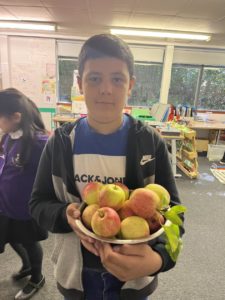
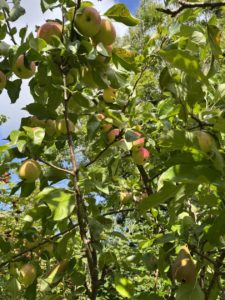
Back in May 2022 the Eco Committee wrote a letter to the catering and facilities management department for the Fuel Zone school meals asking some questions about sustainability in our school lunches, especially regarding all the plastic wrappings being used on the food. We have found that sometimes single use plastic pots used for fruit portions in the dinner hall have been turning up in our school grounds litter surveys, as have plastic water bottles in the past before they were removed from school dinners. We then had a follow up visit from the company that supplies our school with fruit. They came to meet the Eco Committee and hold a workshop all about fruit which included a sorting activity. Here are the photos of the letter we sent, the meeting between our Eco Committee and Angela Ryan from Cordia and the fruit workshop.
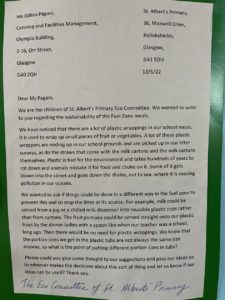
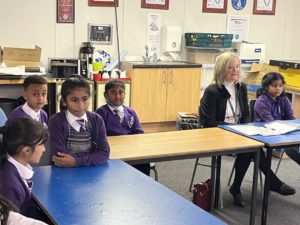
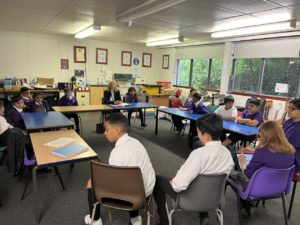
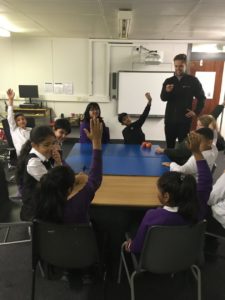
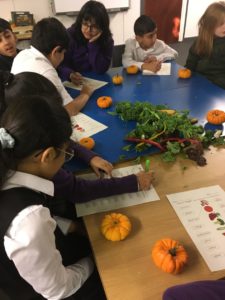
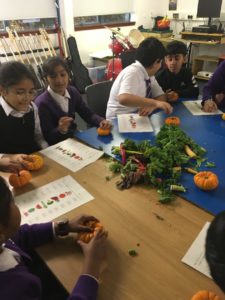
The pupils asked if the fruit could be served from large bowls straight onto trays rather than every portion being served in an individual plastic pot. They made some other suggestions about ways to replace milk cartons, for example serving milk from a jug or a chilled milk dispenser. As a result of their letter, Angela Ryan from Cordia came to our school to listen to and consider the children’s proposals and discuss the single use plastics in the dinner hall. Since then we have found out that the small fruit pots are going to be phased out as soon as present stocks are used up and replaced with large bowls from which the fruit will be served. The polystyrene soup cups have also been replaced with reusable ones. We hope that there will be an alternative to individual milk cartons soon.
Further back in 2022, Primary 6 had a visit from some members of environmental pressure group Extinction Rebellion, who came to give a talk on climate change and other environmental problems. They answered all the pupil’s questions and left us an amazing gift in the form of a woven sea creature filled with plastic litter items which shows how our litter can end up in the sea and is consumed by the creatures that live there and kills them. This is now hanging half way up our school staircase on the wall to serve as a reminder to all of the consequences of dropping litter in the playground, in the street or on the beach. Here are the photos from that day:
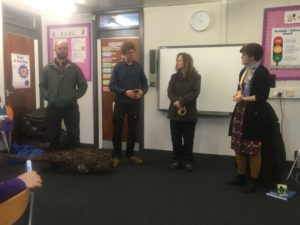
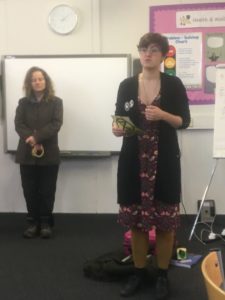
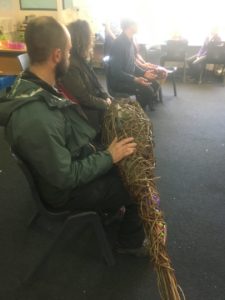
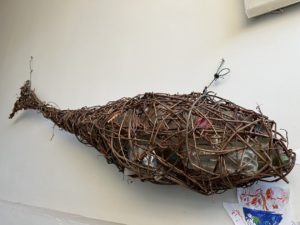
Looking even further back in our current Eco journey, there was the upcycling workshop visit made by P5 to the Deep End venue of award winning upcycling social enterprise Rags to Riches, located in Nithsdale Street, Govanhill. Rags to Riches uses waste to promote environmental sustainability. community engagement and education in Glasgow and the surrounding areas. Using the circular economy model, they will upcycle a variety of waste materials such as textiles, wood and recycled plastics into new items that can be sold, including jewellery, t- light holders, bowls, bags and purses, chopping boards and planters. Primary 5 helped to sort lids of plastic bottles by colour and saw how these can be processed in the machinery and remodelled into new items. We were very impressed with this amazing company’s work to stop unwanted items going to landfill and lower Glasgow’s carbon footprint. Here you can see Primary 5 learning about the whole plastic upcycling process.
